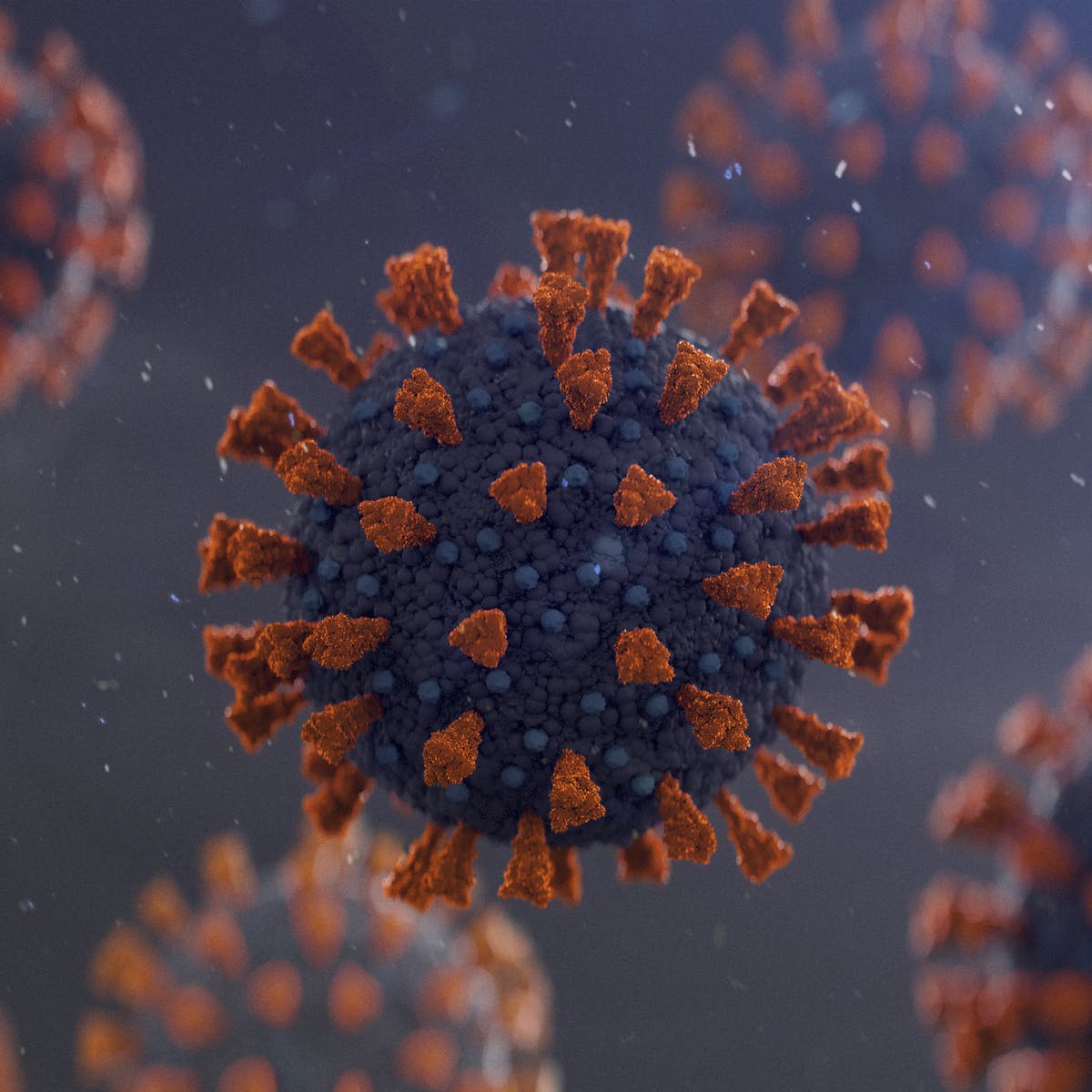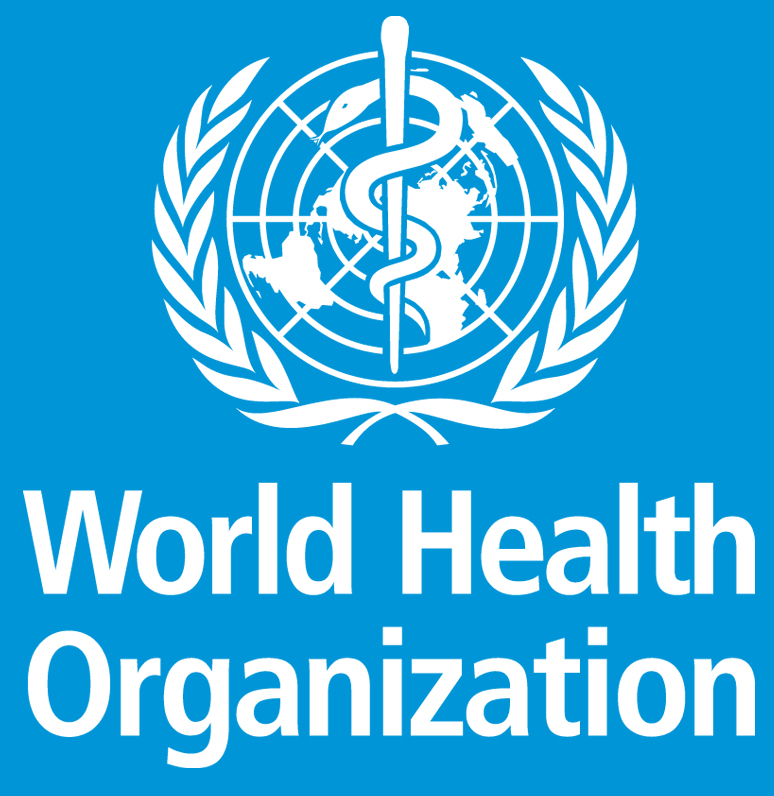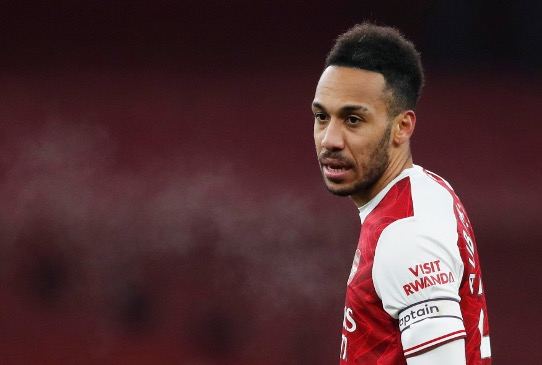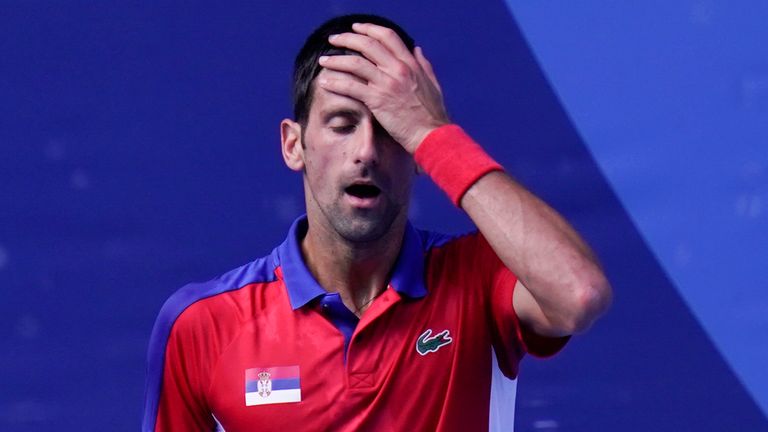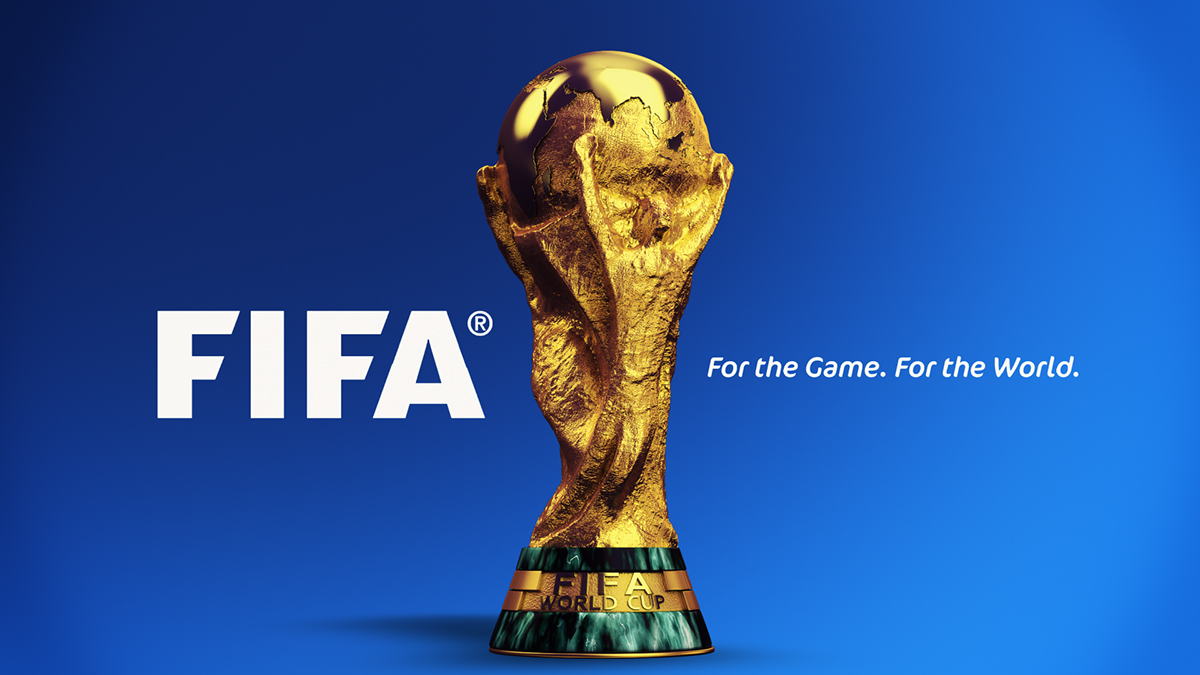The World Health Organisation (WHO) has expressed optimism that worst of latest wave of COVID-19 is over, in spite of spread of Omicron variant across the world.
Omicron continues to sweep the world, but cases seem to have peaked in some countries, which gives the UN health agency hope that the worst of this latest wave of COVID-19 is over.
Briefing journalists in Geneva, WHO Director General, Tedros Ghebreyesus said that more than 18 million cases were reported last week, and the pandemic itself is far from over, so no country is out of the woods yet.
The number of deaths remains stable, but the agency is concerned about the impact the variant is having on already exhausted health workers and overburdened health systems.
“I remain particularly concerned about many countries that have low vaccination rates, as people are many times more at risk of severe illness and death if they’re unvaccinated,” he said.
Omicron may be less severe, but for the WHO chief “the narrative that it is mild disease is misleading, hurts the overall response and costs more lives”.
Ghebreyesus noted that the virus was circulating “far too intensely with many still vulnerable” and argued that, for many countries, the next few weeks remain critical.
According to him, the UN-backed COVAX facility delivered its one-billionth dose of vaccine over the weekend.
The WHO chief said he was proud of the milestone, but believes it’s essential to keep forging ahead with distributing shots fairly, across the world.
“Vaccines may be less effective at preventing infection and transmission of Omicron than they were for previous variants, but they still are exceptionally good at preventing serious disease and death,” he explained.
For him, immunisation continues to be “key to protecting hospitals from becoming overwhelmed”.
The WHO chief also highlighted the importance of tracking new variants, like Omicron, in real time.
Ghebreyesus believes that the pandemic is “nowhere near over” and, with the incredible growth of Omicron, new variants are likely to emerge.
So far, more than seven million whole genome sequences from 180 countries have been submitted to GISAID, a global mechanism that provides open access to genomic data and was initially set up to track flu.
Using all that data, new formulations of vaccines are being developed and assessed for how they perform against different strains.
Despite those efforts, the UN health agency top official is concerned that the world will enter “a second and even more destructive phase of vaccine inequity”, if it doesn’t change course.
On Friday, WHO recommended two new COVID-19 treatments to fight severe illness and death: a rheumatoid arthritis drug called baricitinib, and a monoclonal antibody called sotrovimab.
For him, the challenge, once again, is that high prices and limited supply means access is limited.
WHO is currently working with its partners in ACT-Accelerator to negotiate lower prices with manufacturers and ensure supply will be available for low- and middle-income countries.
Next week, the WHO Executive Board, which is made up of 34 Member States, will meet to discuss the world’s health challenges.
The pandemic will remain at the forefront, but Member States will also be discussing the devastating impact of the pandemic on other health issues, and how the backsliding can be stopped.
According to the WHO chief, the agency will be working to accelerate progress on negotiations around a global pandemic accord.
In addition, Ghebreyesus said that January is Cervical Cancer Awareness month.
In 2020, an estimated 604,000 women were diagnosed with cervical cancer worldwide and about 342,000 women died from the disease.
The main cause of the disease is infection with high-risk types of Human Papillomavirus (HPV), an extremely common family of viruses that are transmitted through sexual contact.
There are, however, vaccines that protect against high-risk HPV types, which means it should be one of the most preventable and treatable forms of cancer.
